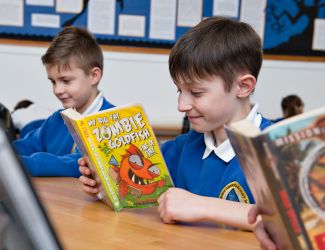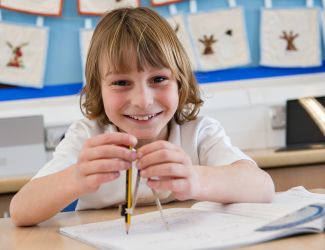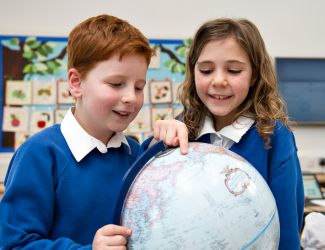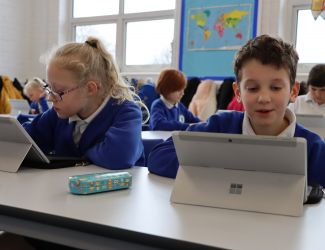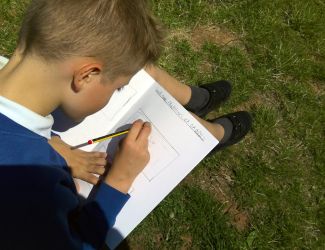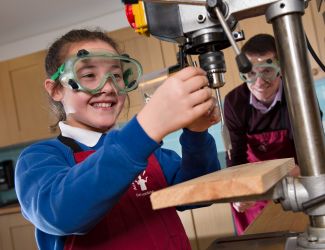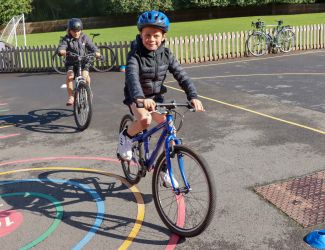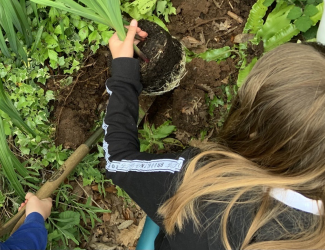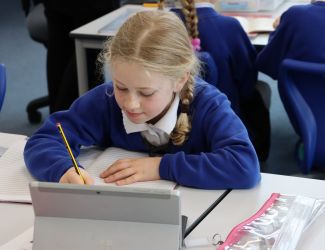Year 4 PSHE Curriculum
Personal, Social, Health and Economic (PSHE) education is a school subject through which pupils develop the knowledge, skills and attributes they need to manage their lives, now and in the future. It helps children and young people to stay healthy and safe, while preparing them to make the most of life and work. At Cornerstone, PSHE is our ‘golden thread’ and is delivered holistically in all we do, in the relationships we build with children, and the sense of togetherness children feel within the Trust. In Year 4, we deliver learning opportunities within the themes of: Health and Wellbeing, Relationships and Living in the Wider World. Weekly discussion sessions encourage children to explore the subject content below and all children have the opportunity to discuss any concerns and thoughts with their mentors through our mentoring programme.
Relationships: Respect for self and others; courteous behaviour; safety; human rights
- How people’s behaviour affects themselves and others, including online
- How to model being polite and courteous in different situations and recognise the respectful behaviour they should receive in return
- About the relationship between rights and responsibilities
- The rights that children have and why it is important to protect these
- That everyone should feel included, respected and not discriminated against; how to respond if they witness or experience exclusion, disrespect or discrimination
- How to respond to aggressive or inappropriate behaviour (including online and unwanted physical contact) – how to report concerns
Health and Wellbeing: Self-esteem: self-worth; personal qualities; goal setting; managing setbacks; feelings and emotions; expression of feelings; behaviour; Growing and changing; puberty; keeping safe; out and about; recognising and managing risk
- How to recognise personal qualities and individuality
- To develop self-worth by identifying positive things about themselves and their achievements
- How their personal attributes, strengths, skills and interests contribute to their self-esteem
- How to set goals for themselves
- How to manage when there are set-backs, learn from mistakes and reframe unhelpful thinking
- How everyday things can affect feelings
- How feelings change over time and can be experienced at different levels of intensity
- The importance of expressing feelings and how they can be expressed in different ways
- How to respond proportionately to, and manage, feelings in different circumstances
- Ways of managing feelings at times of loss, grief and change
- How to access advice and support to help manage their own or others’ feelings
- How to recognise, predict, assess and manage risk in different situations
- How to keep safe in the local environment and less familiar locations (e.g. near rail, water, road; fire/firework safety; sun safety and the safe use of digital devices when out and about)
- How people can be influenced by their peers’ behaviour and by a desire for peer approval; how to manage this influence
- How people’s online actions can impact on other people
- How to keep safe online, including managing requests for personal information and recognising what is appropriate to share or not share online
- How to report concerns, including about inappropriate online content and contact
- That rules, restrictions and laws exist to help people keep safe and how to respond if they become aware of a situation that is anti-social or against the law
- How medicines (including vaccinations and immunisations) can help people stay healthy and that some people need to take medicines every day to stay healthy
- Growing up and changing bodies linking to lifecycles
- How everyday health and hygiene rules and routines help people stay safe and healthy (including how to manage the use of medicines, such as for allergies and asthma, and other household products, responsibly)
- How to react and respond if there is an accident and how to deal with injuries including scratches, grazes, burns, head injuries and seizures
- What to do in an emergency, including calling for help and speaking to the emergency services
Living in the Wider World: Caring for others; the environment; people and animals; shared responsibilities, making choices and decisions
- How people have a shared responsibility to help protect the world around them
- How everyday choices can affect the environment
- How what people choose to buy or spend money on can affect others or the environment (e.g. Fairtrade, single use plastics, giving to charity)
- The skills and vocabulary to share their thoughts, ideas and opinions in discussion about topical issues
- How to show care and concern for others (people and animals)
- How to carry out personal responsibilities in a caring and compassionate way

